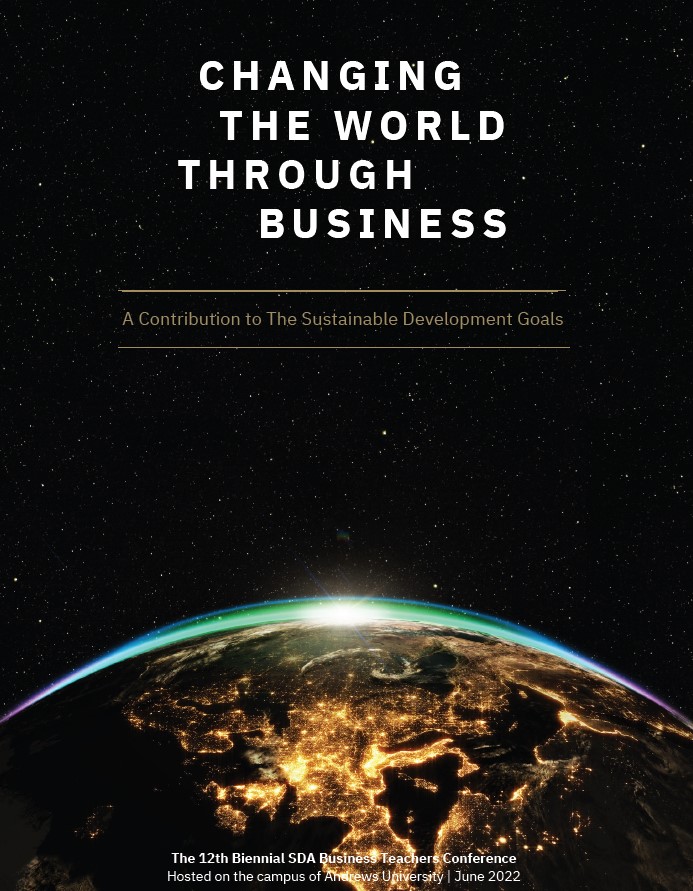The Application of Blockchain in the Future of Higher Education
Location
Chan Shun Hall Room 208
Start Date
14-6-2022 3:00 PM
End Date
14-6-2022 4:00 PM
Description
The blackboard formed a revolution in education when first created in 1801 (The Editorial Team, 2020), while we see today's generation using smart boards inside the classroom. Likewise, a shift from papers to tablets and from regular pens to smartpens has taken place. And with the recent pandemic, online learning has increased exponentially compared to face-to-face learning (Dhawan, 2020). Certainly, technology has changed tremendously and has "[allowed] students to become much more engaged in constructing their own knowledge" (Henderson, 2008, as cited in The Economist, 2008). However, the reality is that, yes, technology has touched base in education, but the sector hasn't really adapted much to our changing world. Nowadays, some students graduate but no real learning has been accomplished. Therefore, the latter advancement in technology has not truly served its purpose of graduating skillful employees ready for the workplace. The aim of our world today is for education to be "outcome-based and student-centered" (McLure, 2008, as cited in The Economist, 2008). The same way blockchain technology has helped transform the food industry by monitoring its supply chain (IBM Blockchain, 2019), would it help shape the future of education and fulfill what the previous technologies failed to do?
The Application of Blockchain in the Future of Higher Education
Chan Shun Hall Room 208
The blackboard formed a revolution in education when first created in 1801 (The Editorial Team, 2020), while we see today's generation using smart boards inside the classroom. Likewise, a shift from papers to tablets and from regular pens to smartpens has taken place. And with the recent pandemic, online learning has increased exponentially compared to face-to-face learning (Dhawan, 2020). Certainly, technology has changed tremendously and has "[allowed] students to become much more engaged in constructing their own knowledge" (Henderson, 2008, as cited in The Economist, 2008). However, the reality is that, yes, technology has touched base in education, but the sector hasn't really adapted much to our changing world. Nowadays, some students graduate but no real learning has been accomplished. Therefore, the latter advancement in technology has not truly served its purpose of graduating skillful employees ready for the workplace. The aim of our world today is for education to be "outcome-based and student-centered" (McLure, 2008, as cited in The Economist, 2008). The same way blockchain technology has helped transform the food industry by monitoring its supply chain (IBM Blockchain, 2019), would it help shape the future of education and fulfill what the previous technologies failed to do?



